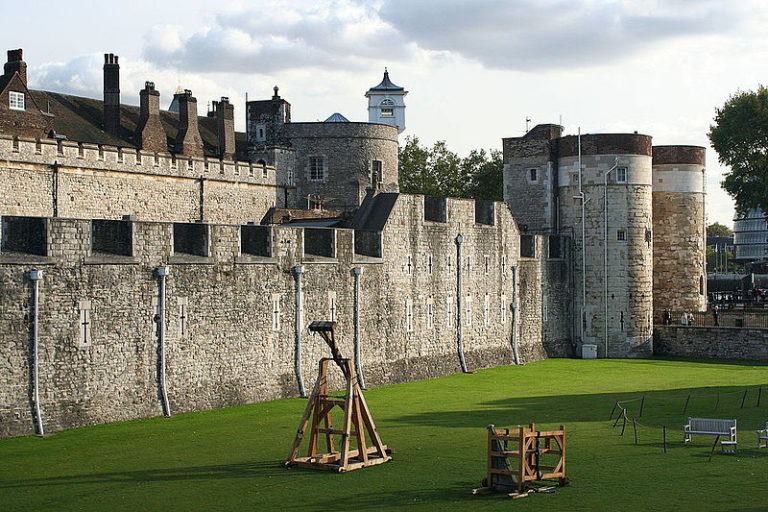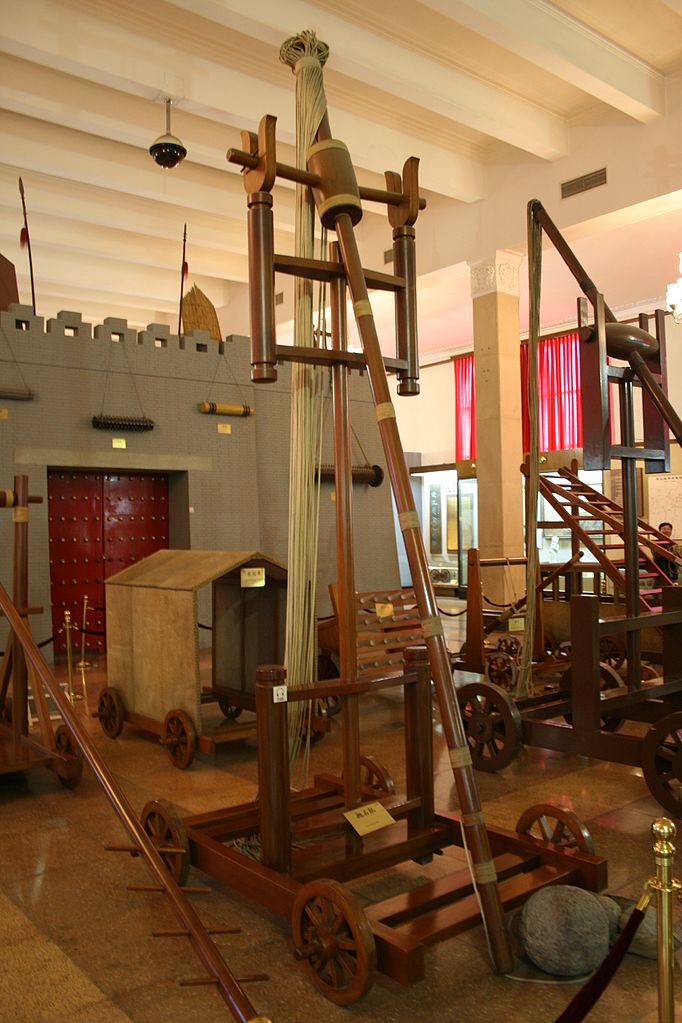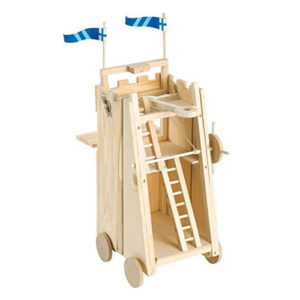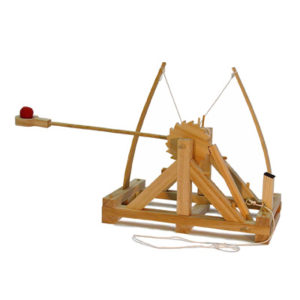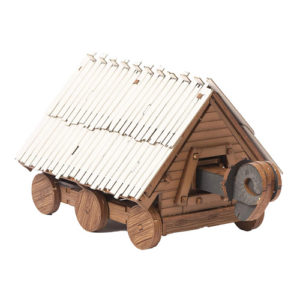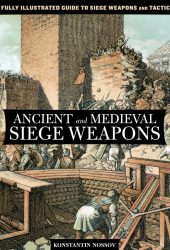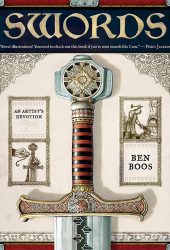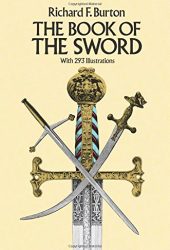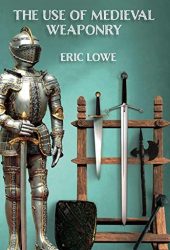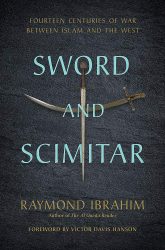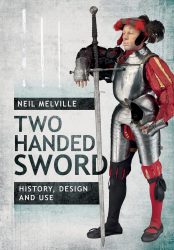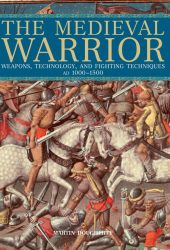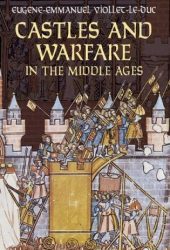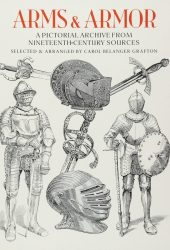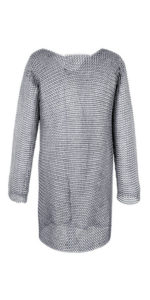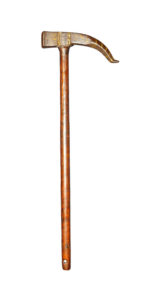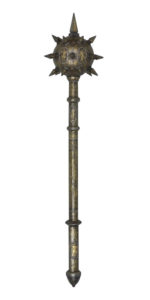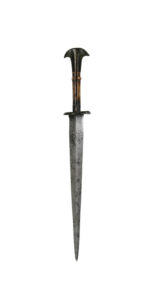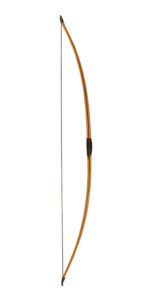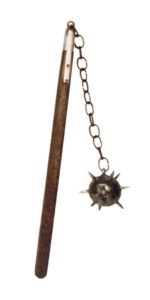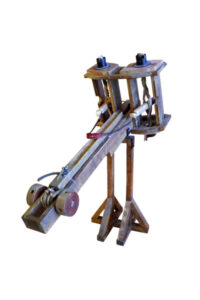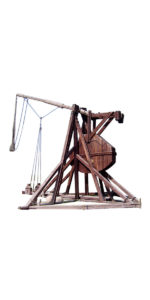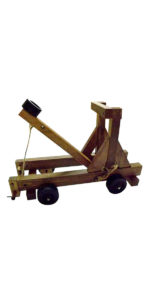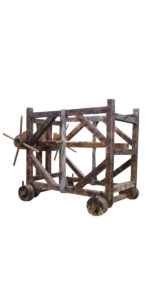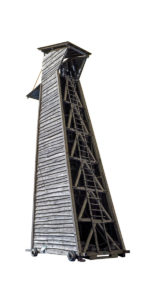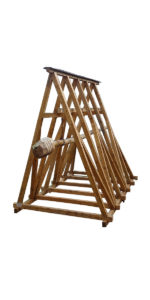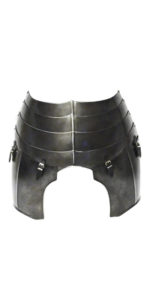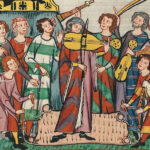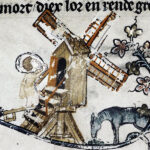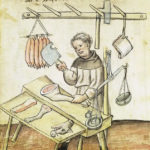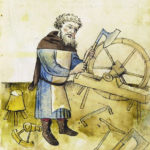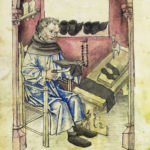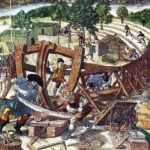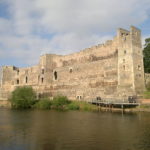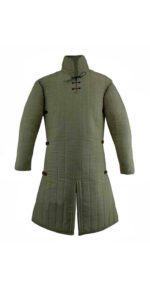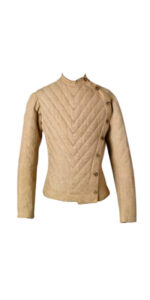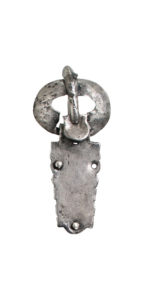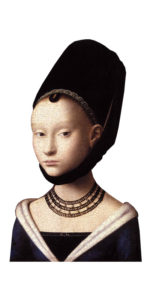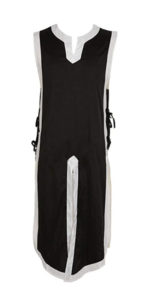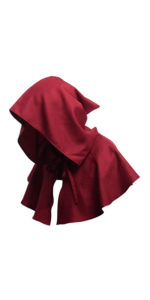The mangonel is a type of medieval siege weapon used for throwing projectiles at a castle’s wall. It’s also known as a traction trebuchet and considered a type of catapult.
The exact meaning of the term is up for debate, but it’s believed “mangonel” derives from the Greco-Latin word manganon, meaning engine of war; or mangon, a hard stone found in the south of France. It could have also been the name of a counterweight artillery with a particular type of frame.
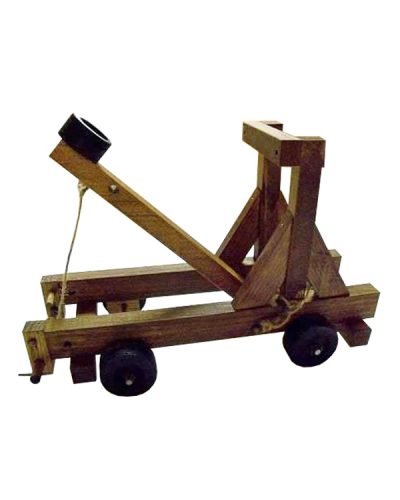
Using Mangonels
The mangonel had poorer accuracy than a trebuchet. The mangonel threw projectiles on a lower trajectory and at a higher velocity than trebuchets. Its intention was to destroy walls rather than hurl projectiles over them.
Mangonels hurled rocks, burning objects such as firepots or vessels filled with flammable materials, and anything else readily available to the attacking and defending forces. They were also used for throwing more unusual types of projectile like dead and often partially decomposed carcasses of animals or people. These were used to intimidate, demoralize, and spread disease among the besieged.
The mangonel was more suited to field battles.
How Mangonels Worked
Mangonels might have been loaded by lowering a rope with a hook at its end. The hook was tied to another rope connected to a “pulling” system, either a pulley compound, a gear compound, or even an animal traction system to pull the rope and lower the main beam. When the beam was lowered, a few workers were responsible for the attachment of a sling where the projectile was placed. When the mangonel was loaded the leader gave the order to release the main rod, and at the same time, around 20 men pulled the ropes attached to the counterweight.
A well-trained crew could control whether the projectile travelled in a low or high trajectory. If the crew was not well-trained, there was a risk of the projectile killing friendly troops or the crew itself.
Depictions of Mangonels
